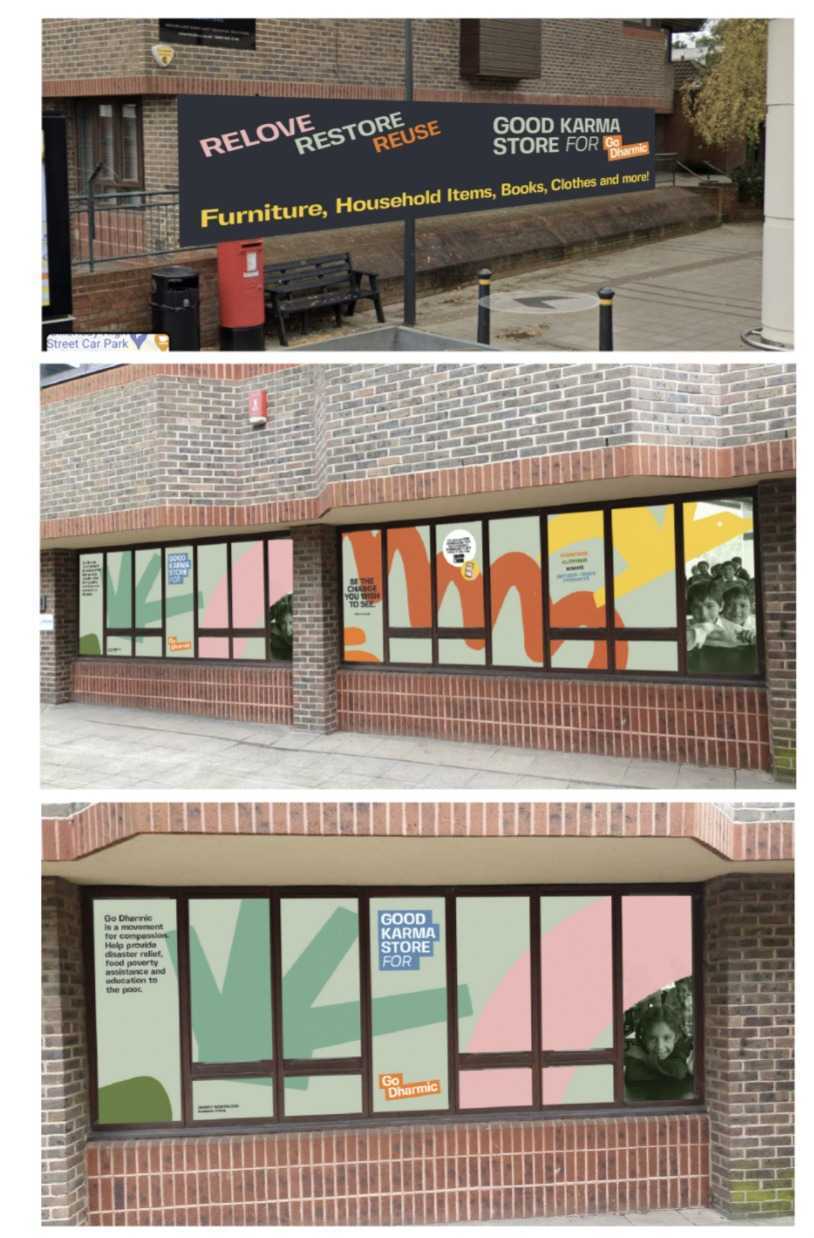
Good Karma Store
Before you throw unwanted clothes in the trash, consider textile recycling
Recycling clothing can be equivalent to removing one million cars off the road every year.
Do you often find yourself sitting at your desk daydreaming about how you can make a positive change to your life and the planet amidst all these environmental initiative talks going in light of the Glasgow Climate Change Conference?
Well, fashion isn’t necessarily the first word you think of when you hear environmentally friendly and ethical, right? So you might be surprised to find out that the fashion industry is the second ‘dirtiest’ sector in the world, following oil. Yet, for many of us, fashion is something we love.
Having said that, it’s important for us to think about the impacts our favourite brands have on the environment and society and talk about how we, as consumers, can curtail these negative impacts through our ethical choices.
Reduce, reuse, recycle: We’ve all heard this phrase repeatedly for years. Most of us make sure to toss the plastic bottle in the blue bin, but reusing and recycling play a more significant role than in just the plastic and paper industry. The textile industry is equally vital for recycling. People shop more and buy more, so the output for clothes is greater. But this fast fashion industry and these overstuffed closets have all led to overflowing landfills.
If your new year resolutions were to make more eco-friendly choices, or maybe you know you need to pare down your closet, but you’re not sure what to do with the clothes afterward. Before you throw unwanted clothes in the trash, consider the ramifications of adding to the landfill versus textile recycling. From avoiding the landfill to limiting unethical business practices, textile recycling should come just as naturally as tossing paper in a blue bin.
Makes a Mark on Statistics
One of the best ways to transition to constant clothing recycling is by learning about its impact. For example, in the U.K., people consume 2 million tons of clothing, and 0.5 million tons are recycled. While in Europe, one can find a textile waste of around 14 million tons, out of which a quarter of 5 million tons is recycled. It has thus become imperative to develop innovative methods to recycle textiles and produce valuable items out of recycled post-consumer materials.
Reduces Greenhouse Gases
Natural fibres take years to decompose, whereas artificial fibres do not decompose. When people toss out clothes, and they end up in landfills, those clothes lack the oxygen needed for organic materials to break down. Woolen clothes do decompose but release methane and carbon dioxide into the atmosphere contributing to global warming. Synthetic fabrics in the landfill release nitrous oxide, which is a potent greenhouse gas. Besides, toxic substances pollute groundwater and surrounding soil.
Over 70% of the world’s population uses second-hand clothes
Let these clothes find a new owner and bring smiles to the faces of less-privileged communities. This act of compassion and kindness is morally pleasing and religiously satisfying and will also depict that we care for waste, the community, and the environment.
With the Good Karma Store, we at Go Dharmic want to change and support the environment instead of tearing it apart. With its circular and sustainable approach, Good Karma Store enables maximization of resources and minimisation of harmful substances, thereby bringing definite change in society. We wish to create a fashion brand that does things differently, providing an opportunity for buyers to feel empowered to buy sustainably and look great whilst doing it! In a quest for a more sustainable planet, we make sustainable, slow fashion accessible without affecting the quality of the product or the livelihoods of the people who make them.
Less water usage, fewer chemicals and carbon emissions, and avoiding contributing to landfill, upcycled clothing exist in stark contrast to one-season pieces from fast fashion brands. Our newly opened Good Karma store in Essex is in line with our mission. It provides an unforgettable shopping experience which is one of its kind since the produce that comes from all the purchases goes in support of Go Dharmic’s noble cause of loving, serving, and feeding all. Sustainability is a pillar of Good Karma Store’s business and life practices. The store’s mission is to reduce waste and inspire sustainable lifestyles with the environment in mind.
Follow us on Instagram for regular updates.

Good Karma Store, Essex, London



